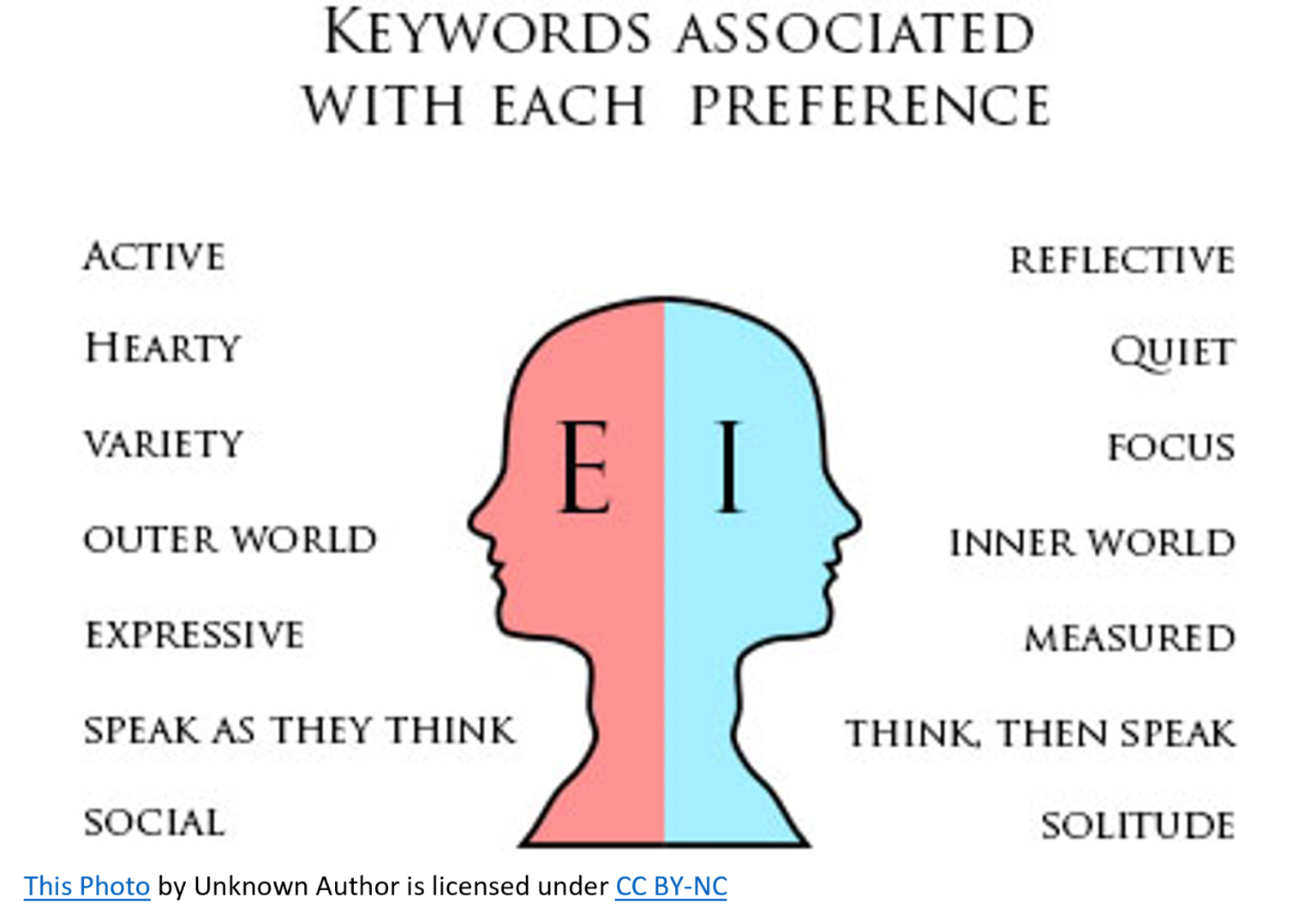Why Do Introverts Make for Good Leaders?
In both our personal and professional lives we look to people to guide us, mentor us, teach us, and help make sense of our world. These people are leaders in our lives and as we come into our own we find leaders we turn to in all spheres of our lives. These leaders have a strong sense of confidence, are highly engaged, and can make key decisions for the entire team. We associate these strong leadership qualities with people who are more extroverted because we as humans are social beings.
In this competitive world, the dichotomy of the introvert vs. the extrovert does more harm than good, especially in our professional lives. After all, introverts have been responsible for some of the greatest achievements in history, as well as being some of the most successful business and political leaders in the world. What else do Albert Einstein, Rosa Parks, Meryl Streep, and Mark Zuckerberg have in common? Then why do introverts get overlooked?
Much of this partiality has its origin in the early 20th century, with the Dale Carnegies of the world. Carnegie’s transforming journey from farm boy to salesman to public speaking legend is interwoven into the rise of the ‘extrovert ideal’. From how we present ourselves at job interviews, how we interact with a peer, to how we raise our children was changed forever through this cultural revolution. In the early 1920s, when the field of psychology began to struggle with the pressure to project confidence, influential psychologists developed new techniques to measure social dominance. In 1921, while eminent psychologist Carl Jung saw introverts as “educators and promoters of culture who showed the value of the interior life which is so painfully wanting in our civilization.” He also noted that their “reserve and apparently groundless embarrassment naturally arouse all the current prejudices against this type.”
At the end of the day leadership is about solving problems and making decisions and here’s why Introverts make for excellent leaders:
- Introverts are introspective: Introverts are hard-wired to pause and ruminate. While at times this art can lead to over thinking, it also brings clarity in all areas of life. Introverts are organically wired to pause and contemplate. Sometimes this art of reflection leads to painful over thinking, but it can also lead to clarity in all areas of life. Having this strong sense of self-awareness means that introverts are less likely to make snap decisions.
- Introverts are discerning: The combination of emotional and spiritual intelligence helps them navigate their surroundings in a grounded manner. Their ability to be discerning doesn’t just help them, but they also successfully are able to discern the talents and gifts of others around them.
- Introverts make meaningful connections: Because introverts are motivated by quality and productivity, they can often seem disconnected from other people, unable or unwilling to build personal connections. As with their motivation, however, the connections introverts build just happen to be focused on different priorities.
- Introverts are better problem solvers: Problem-solving is the baseline of all good leadership, and according to research, introverts typically have thicker gray matter in the pre-frontal cortex, which is the area of the brain where abstract thinking and decision- making happen.
The best leaders aren’t always the most gregarious and noticeable ones. The idea that introverts can’t make the cut is a dangerously deceptive one, and every establishment would only grow if they helped the introverts among its ranks rise – allowing them to shine, even if they prefer to do so away from the spotlight.


